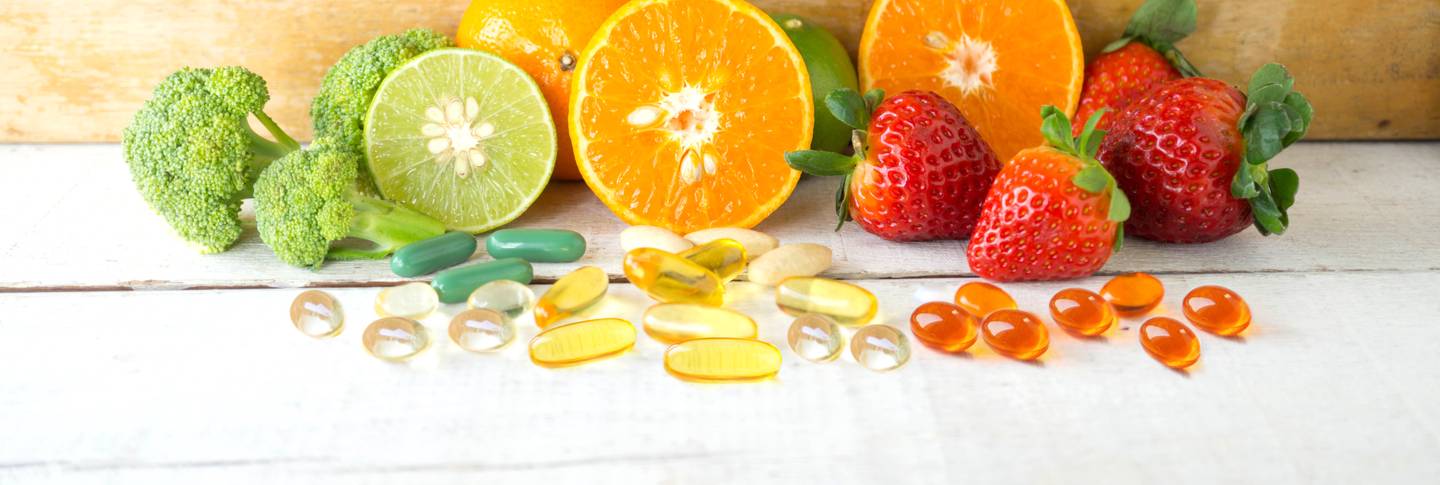
Vitamin D
Vitamines, minerals and fatty acids
Vitamin D, called the « sunshine vitamin », has the particularity of being provided by our food and being synthesized by our body by the exposure of our skin to the rays of the sun. This specificity explains the frequent vitamin D deficiency during winter or in the case of people with little exposure to the sun.
The functions of vitamin D
Vitamin D plays several roles in the body. However, its main functions are in bone health. This is because vitamin D allows the normal absorption and use of calcium and phosphorus, thus ensuring optimal bone health. It is necessary for the normal growth and development of bones in children.
Among its other functions, vitamin D acts as a hormone by playing an overall role in health, on several levels: maintenance of normal muscle function, normal functioning of the immune system, cell division process, reduction the risk of falling, and prevention of certain cancers ...
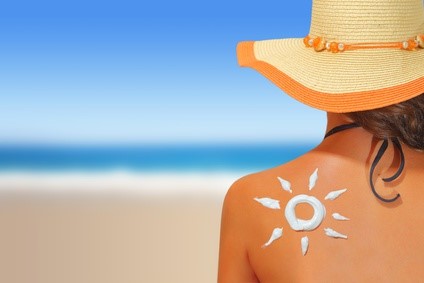
It is therefore essential to provide our body with 5 µg (reference intakes) of vitamin D daily.
Vitamin D for the whole family !
According to a study by the National Institute for Public Health Surveillance (InVS), carried out in 2012, 80% of the French population is mostly deficient in vitamin D, and this rate increases to 90% in postmenopausal women. However, this vitamin is essential, especially in bone metabolism and in the immune system.
Indeed, bones, cartilage and teeth need calcium and phosphorus for their strength and renewal. The main function of vitamin D is to regulate the level of calcium and phosphorus present in the body. It decreases the elimination of these two minerals by the kidneys, increasing their capacity for absorption through the intestine. This helps ensure optimal mineralization, especially of cartilage, bones and teeth.

In babies and teenage years, enough vitamin D is needed for bone growth and development. Likewise, in adults, vitamin D helps maintain good bone health and helps reduce the risk of falls associated with postural instability and muscle weakness.
Why vitamin D all year round ?
It is advisable to take vitamin D all year round since your lifestyle does not allow you to be exposed for at least 30 minutes a day to build up sufficient reserves for the winter. Reasonable exposure to the sun of the face, arms and legs between 11 a.m. and 4 p.m. covers nearly 90% of our vitamin D needs.
However, dermatologists advise against exposing yourself at these times in order to avoid sunburn and thus prevent skin problems. The use of sun protection reduces UVB rays penetrating the skin by 99%. Finally, frequent exposure to the sun is not necessarily compatible with your lifestyle, even in summer.
The 10 reasons to supplement with vitamin D:
|
The season |
In periods of low sunshine, ultraviolet rays are no longer sufficient to synthesize a sufficient quantity of vitamin D in the skin. |
|
Where you live |
When you live in an area or city with high pollution levels, sulfur dioxide, a major component of pollution, absorbs UV radiation. The farther north you live, the less sun you get, and the more you need to take care of your vitamin D levels. |
|
Your Age |
You are in your 50s, you have a city life, and you work "indoors". The synthesis of vitamin D3 is less after 70 years, because the skin becomes thinner. With age, older people make less vitamin D, break it down faster, and have fewer receptors to capture it. |
|
Your figure |
When you are overweight, vitamin D tends to be stored in fat cells, which prevents it from circulating normally in the blood. |
|
Your skin color |
You have pigmented skin (dark or black skin). Melanin which protects the skin against ultraviolet radiation from the sun acts as a barrier, a natural sun protector. |
|
What to wear |
When you wear clothes that cover most of your skin, you limit your exposure to the sun, which cannot produce enough vitamin D. |
|
Your sun protection |
Systematically, you use anti-UVB creams (index> 15): these can reduce UVB rays penetrating the skin by 99%. |
|
Sun exposure |
You expose yourself to the sun behind a window (veranda type): the glass absorbs all UVB rays. |
|
Healthy lifestyle |
You eat fatty fish less than once a week, you follow a vegan diet or you practice little physical activity outdoors: the intake of vitamin D will be noticeably insufficient. |
|
Pregnant or breastfeeding women |
Pregnant or breastfeeding women |











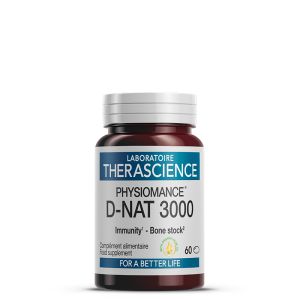
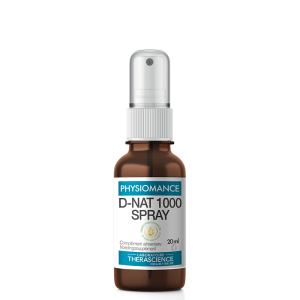
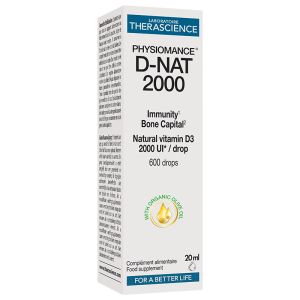

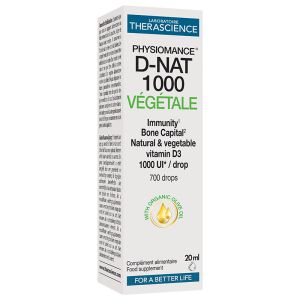
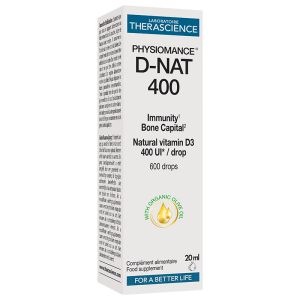
Recommandé par mon médecin, je l'utilise régulièrement, avec de tvoir plus
Avis du 28/09/2024, suite à une expérience du 11/09/2024 par Silvia S